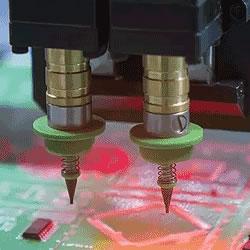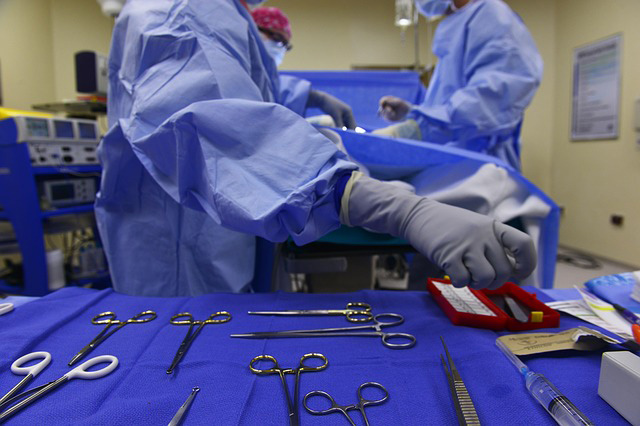For Next-generation Surgical Robots, Minimize the Axial Length of Your Robotic Joints
Standalone arms provide much greater flexibility in positioning compared to the conventional design, allowing multiple arms to be aligned in a plane much closer to parallel. To further approach the parallel ideal, the bulk of each arm must be minimized.
The Doctor Will See You Now - Exploring the Future of Surgical Robots
There have been talks of surgical robots since as early as 1985. While the medical sector has taken significant steps since then to implement such technology, major barriers are still evident.
Surgical Robots and Their Rapid Adoption in Minimally Invasive Surgeries
By using robot arms controlled through a computer, surgeons are now able to perform small incision surgeries that are minimally invasive and offer an improved level of precision.
Robots to Perform Spinal Surgery With Pinpoint Accuracy
This technology has the potential to minimise those risks by performing a key part of the operation with accuracy which cannot be achieved by a human hand.
What's Driving Investments in Surgical Robots?
Ideally, hospitals and clinics would be able to justify the cost of a new robot based on scientific studies on its effectiveness and business cases on its usability. But for new platforms, these are very scarce.
How Robots Are Changing the Way We Do Surgery
As we see more widespread acceptance for robots in general, we'll likely see even more automation in health care - but some of it is already here.
Records 1 to 6 of 6
Featured Product

PI USA - Gantry Stages for Laser Machining and Additive Manufacturing
High performance gantry systems, from PI, are used in precision assembly, laser machining, and additive manufacturing. Complete with software and state-of-the-art EtherCat® motion controllers. Easy to program, easy synchronization with lasers and dispensers. Standard and custom, compact systems and large, granite-based units.
Robotics and Automation - Featured Company

FAULHABER MICROMO
Since 1961, FAULHABER MICROMO has partnered with OEMs to deliver high precision, high performance, custom micro motion system solutions to markets such as medical, robotics and automation in North America. FAULHABER MICROMO's tradition of innovation started decades ago in Germany. The groundbreaking invention of the FAULHABER coreless winding started it all for a market that produces millions of motors today.
How can the FAULHABER MICROMO team help you deliver your next innovation to market first?
Learn more about MICROMO's solutions for the most demanding applications, our diverse motion products and technologies, online ordering, Engineering and R&D teams, Clean Room Assembly, Machining Center and other services at our Clearwater, FL facility at https://www.faulhaber.com.






